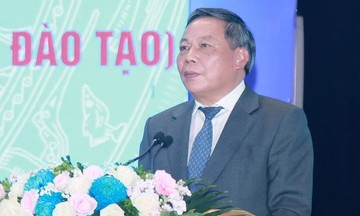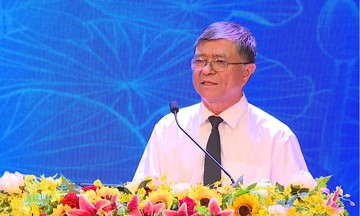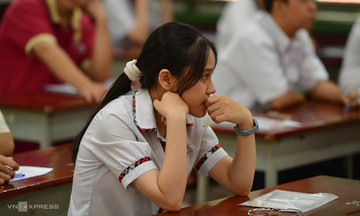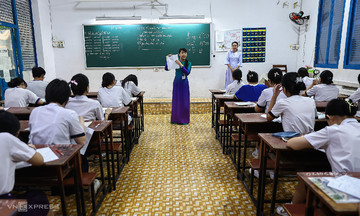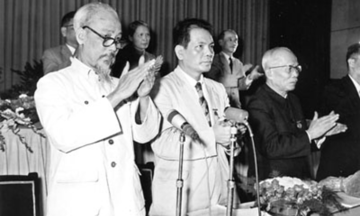This is the assessment of Dr. Tong Si Son, Vice Dean of the Space and Applications Faculty at the University of Science and Technology Hanoi (USTH), regarding the field of space science and satellite technology.
USTH has offered this program since 2012, stemming from a strategic vision recognizing Vietnam's need to master advanced technologies, especially space technology. This mastery serves long-term socio-economic development, resource management, disaster and climate change monitoring, and national security.
Besides USTH, only International University, Vietnam National University - Ho Chi Minh City (VNU-HCM), offers a similar program under a different name: Space Engineering. This program focuses on satellite technology applications, including satellite signal and image processing and analysis, remote sensing, and satellite positioning.
Dr. Son said that many people perceive space and satellite-related fields as "far-fetched," suitable only for math and physics prodigies or relevant only at a macro level.
In reality, space science is no longer exclusive to superpowers or academic experts. Many developing countries, including Vietnam, have mastered satellite and ground station technologies, applying remote sensing to agriculture, atmospheric and environmental modeling, urban management, and disaster prevention.
For instance, Vietnam has operated the Earth observation satellite VNRedsat-1 since 2013. In a few months, Vietnam will launch its 4th satellite, a radar satellite developed by the Vietnam National Space Center (VNSC).
Space science is present in everyday activities: from using phone navigation and weather forecasting to monitoring floods and wildfires, land use planning, assessing urban subsidence and riverbank and coastal erosion, monitoring air quality, and supporting search and rescue operations.
"I often tell students that space science and satellite technology are not up in the sky. They are right in your pocket, in map and navigation apps, or in satellite images that help pinpoint locations on Earth," Dr. Son said. "This is a very practical and promising field that needs the participation of the younger generation."
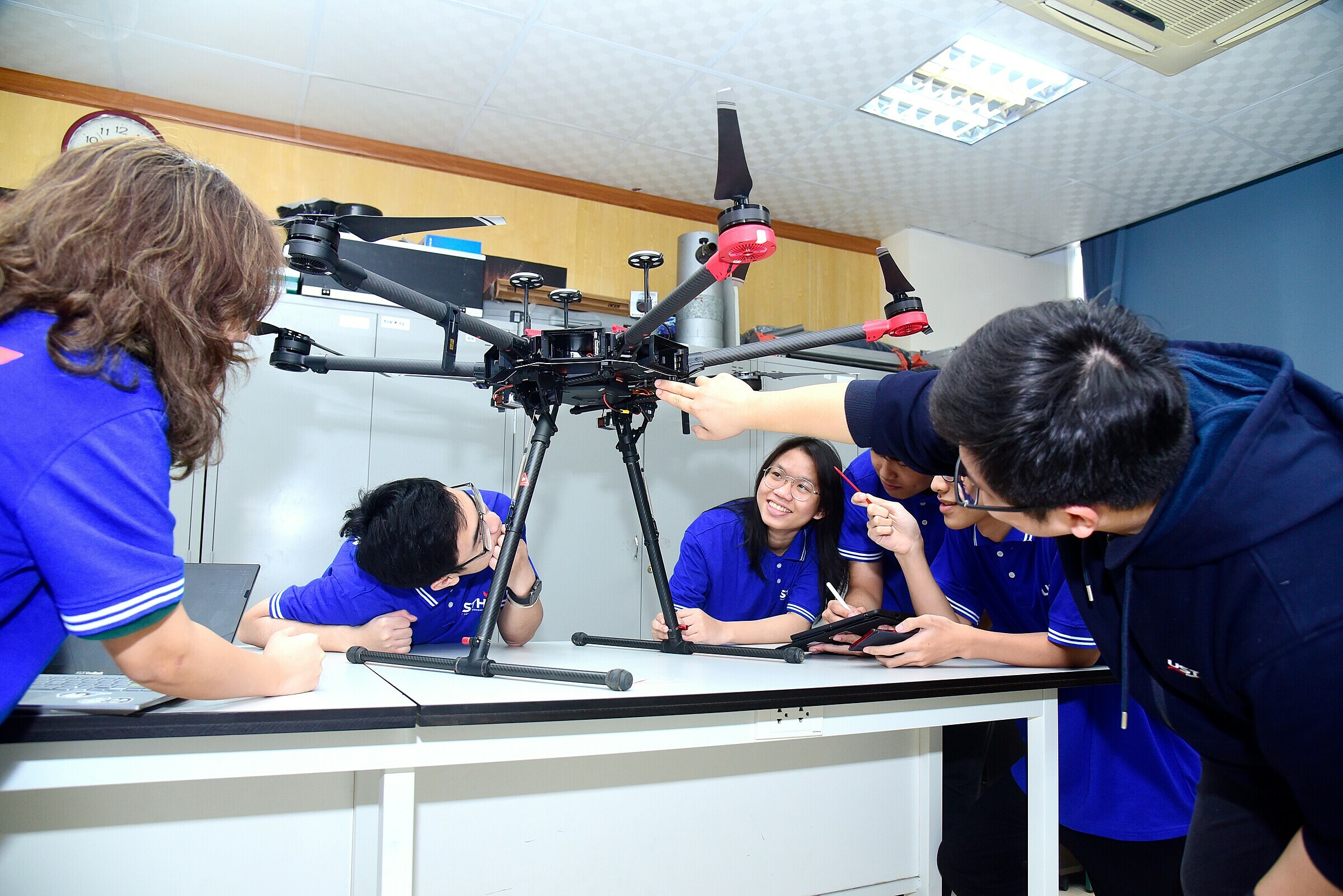 |
Space Science and Satellite Technology students at USTH. Photo: USTH |
Space Science and Satellite Technology students at USTH. Photo: USTH
Curriculum
The USTH program follows the European Bologna Process, lasting three years and conducted entirely in English. Tuition is approximately 79 million VND per year. Students gain foundational knowledge in physics, mathematics, programming, and electrical engineering before delving into specialized modules such as:
: modern astrophysics.
: orbital mechanics, satellite dynamics, and control.
: small satellite design and fabrication.
: remote sensing.
: satellite image processing, spatial data analysis.
: applications of remote sensing and GIS in environmental, agricultural, and urban monitoring.
: global navigation satellite systems (GNSS).
: ground stations and satellite communications.
Students have opportunities to participate in research projects and internships at institutions like the Paris Observatory (PSL), Paris-Est Creteil University (UPEC), Paris Cite, the French National Centre for Space Studies (CNES), the VNSC, and companies like Viettel and Vegastar.
At International University, the Space Engineering program is 4 years long, with tuition expected to be around 60 million VND next year. The program provides specialized knowledge and skills in satellite technology applications, including remote sensing, positioning technology, mobile programming, big data analysis and application, and signal and image processing.
The program also emphasizes soft skills such as teamwork, scientific presentations, research report writing, and critical thinking.
Both universities require mathematics as a core subject for admission. Other subjects typically include physics, chemistry, English, and computer science.
Job opportunities
Graduates in space and satellite studies aren't limited to the space sector. They can also find opportunities in rapidly growing fields like space technology, big data, smart cities, and climate change, according to Dr. Tong Si Son.
Specifically, graduates can work in:
: research and educational institutions like VNSC, the Institute of Earth Sciences, the Vietnam National Remote Sensing Department, and universities.
: government agencies managing resources, environment, disaster prevention, search and rescue, and national defense.
: high-tech and telecommunications companies such as Viettel, VNPT, FPT, Vegastar; startups specializing in spatial data, satellite image applications, digital maps, and environmental monitoring.
: international organizations and projects using satellite data for sustainable development goals, such as IUCN, WCS, Birdlife, UNDP, ADB, and JICA.
Workforce demand
According to Dr. Son, the demand for this specialized workforce in Vietnam is rapidly increasing due to two main factors.
4th is the national strategy for space technology development, evidenced by satellites like VNREDSat, NanoDragon, MicroDragon, and the upcoming LOTUSat. This requires skilled personnel for operation, analysis, and data application. A lecturer at International University shared a similar view.
5th is the growing trend of applying satellite data and space technology across various socio-economic sectors, from land management, urban planning, and precision agriculture to disaster prevention and climate change mitigation.
"This demand comes not only from the public sector but also from technology and telecommunications companies, digital mapping, AI, logistics, and startups developing applications based on spatial data," Dr. Son said.
Graduates readily find jobs in their field or transition to related areas like big data, artificial intelligence (AI), and GIS, all of which are experiencing talent shortages.
According to a 2024 survey of 4 graduating classes published on International University's website, about 50% of graduate engineers work in data processing and analysis at companies like FPT, TMA Solutions, and Bosch, earning 30-35 million VND per month. The rest earn between 15-30 million VND.
Many students pursue master's and doctoral degrees in Europe, Japan, and South Korea, countries with long-standing cooperation with Vietnam in the space sector.
Duong Tam



